Introduction
Steamed eggs, a beloved comfort food in Chinese cuisine, are celebrated for their silken texture and delicate flavor. When elevated with the addition of donkey-hide gelatin (Ejiao), this humble dish transforms into a nourishing elixir that harmonizes tradition and wellness. Ejiao, a gelatin derived from boiling donkey hides, has been prized in Traditional Chinese Medicine (TCM) for centuries for its blood-nourishing, skin-rejuvenating, and qi-enhancing properties. When combined with the protein-rich goodness of eggs, the result is a dish that not only delights the palate but also supports overall health. This article explores the history, preparation, and benefits of steamed eggs with donkey-hide gelatin, offering a comprehensive guide to mastering this ancient recipe.
The Origins and Cultural Significance
The practice of steaming eggs dates back to ancient China, where it was considered a symbol of simplicity and purity. Steamed dishes were favored by scholars and nobility alike for their ability to preserve ingredients’ natural flavors without excessive oils or spices. The integration of Ejiao into this dish reflects TCM’s holistic approach to nutrition, emphasizing the balance of yin and yang through food. Ejiao, classified as a yin-tonifying ingredient, is believed to cool the body, moisturize the skin, and stabilize the blood—qualities that complement the warming nature of eggs. Historically, this dish was often prepared for postpartum women, the elderly, or those recovering from illness, as it was thought to restore vitality and promote recovery.
Ingredients: A Symphony of Nutrition
Creating the perfect steamed eggs with Ejiao requires careful selection of ingredients. Each component plays a vital role in achieving the dish’s signature texture and health benefits:
- Eggs (3 large): Fresh eggs are the foundation of this recipe. Their emulsifying properties create the custard-like base. Opt for organic or free-range eggs for richer flavor and color.
- Donkey-Hide Gelatin (10 grams): Available in blocks or powdered form, Ejiao should be sourced from reputable suppliers to ensure authenticity. Powdered Ejiao dissolves more easily, while blocks require soaking.
- Water (150ml): Use filtered or spring water to avoid impurities that may affect the dish’s clarity. The ratio of water to eggs is critical—too little results in density; too much, in fragility.
- Salt (1/4 teaspoon): A pinch of salt enhances the eggs’ natural flavor without overshadowing the Ejiao.
- Optional Garnishes:
- Sesame Oil (1/2 teaspoon): Adds a nutty aroma.
- Soy Sauce (1 teaspoon): Provides a savory depth.
- Chopped Green Onions or Cilantro: For freshness and color.
- Dried Wolfberries (Goji Berries): Soaked for a sweet-tart contrast.
Equipment: Tools of the Trade
While minimal, the right equipment ensures consistency:
- Bamboo or Metal Steamer: Bamboo steamers impart a subtle fragrance, while metal ones offer precise heat control.
- Heatproof Ceramic or Glass Bowl: Avoid metal bowls, as they may react with Ejiao.
- Fine-Mesh Sieve: Essential for straining the egg mixture to remove lumps and ensure a velvety texture.
- Whisk or Chopsticks: For gentle blending without introducing air bubbles.
- Cheesecloth or Plastic Wrap: To cover the bowl during steaming, preventing condensation from dripping onto the surface.
Step-by-Step Preparation
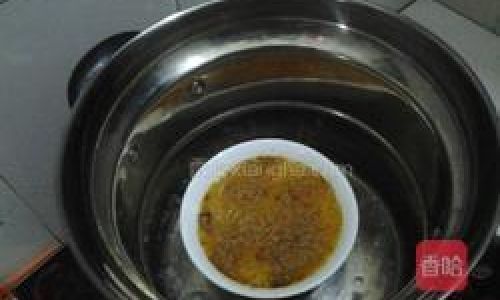
Preparing the Ejiao
- For Ejiao Blocks: Soak the gelatin in 2 tablespoons of cold water for 30 minutes to soften. Transfer to a small saucepan and melt over low heat, stirring constantly until dissolved. Set aside to cool slightly.
- For Ejiao Powder: Whisk the powder into 2 tablespoons of warm water until fully dissolved.
Blending the Eggs
In a mixing bowl, crack the eggs and add salt. Using a whisk or chopsticks, blend gently for 1–2 minutes until the yolks and whites are fully combined. Avoid vigorous whisking, as this introduces air bubbles that may cause the steamed eggs to puff and collapse.
Combining with Ejiao and Water
Add the dissolved Ejiao mixture to the eggs, followed by the remaining water. Stir lightly to incorporate. The ideal ratio of eggs to liquid is 1:1.5 by volume, yielding a tender custard.
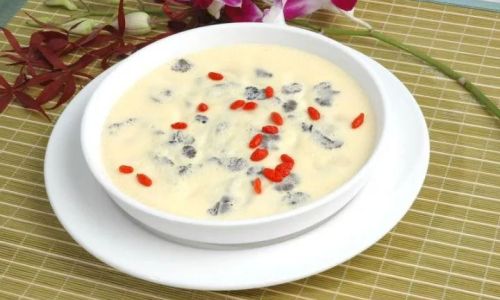
Straining the Mixture
Pass the egg-Ejiao liquid through a fine-mesh sieve into a heatproof bowl. This step removes undissolved egg particles and gelatin strands, ensuring a smooth finish.
Steaming Technique
- Fill a wok or large pot with 2 inches of water and bring to a rolling boil.
- Cover the bowl with cheesecloth or plastic wrap, securing it with a rubber band to prevent water droplets from marring the surface.
- Place the bowl in the steamer, reduce the heat to medium-low, and steam for 10–15 minutes. Avoid high heat, which may create蜂窝状 (honeycomb-like) bubbles.
- Check for doneness by gently shaking the bowl; the center should jiggle slightly like set jelly. Overcooking results in a rubbery texture.
Finishing Touches
Once cooked, remove the bowl from the steamer and let it rest for 2 minutes. Garnish with sesame oil, soy sauce, green onions, or wolfberries. Serve warm.
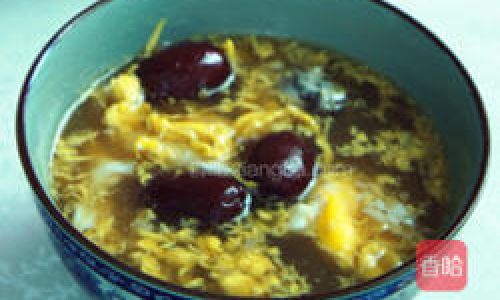
Tips for Perfection
- Ratio Mastery: Experiment with egg-to-water ratios (e.g., 1:1.25 for a denser texture or 1:2 for a looser custard).
- Temperature Control: Maintain a gentle simmer; violent boiling creates uneven steam.
- Avoiding Bubbles: Skim off any foam that forms on the surface before steaming.
- Resting Time: Allow the dish to cool slightly, as residual heat continues to cook the eggs.
Variations and Innovations
Modern cooks often adapt this recipe to suit dietary preferences or seasonal ingredients:
- Savory Enhancements: Add minced chicken, shrimp, or shiitake mushrooms to the egg mixture before steaming.
- Herbal Infusions: Steep the steaming liquid with goji berries, jujube dates, or astragalus root for added TCM benefits.
- Sweet Adaptations: Substitute salt with honey or rock sugar, and serve with a drizzle of rose syrup or crushed pistachios.
Health Benefits: A Holistic Approach
Beyond its culinary appeal, steamed eggs with Ejiao offer a wealth of health benefits:
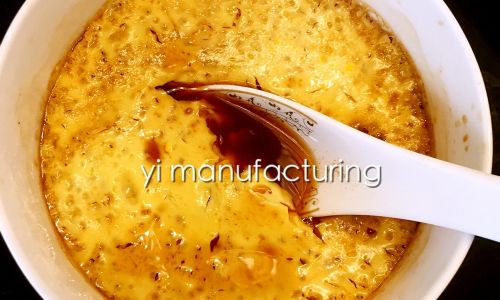
- Blood Nourishment: Ejiao is rich in collagen and amino acids, which support red blood cell production and alleviate anemia.
- Skin Health: The gelatin’s hyaluronic acid content promotes skin elasticity and hydration.
- Digestive Aid: Eggs are a gentle source of protein, while Ejiao is believed to soothe the stomach lining.
- Anti-Aging Properties: TCM practitioners often recommend this dish to combat fatigue and enhance longevity.
Cultural Context: A Dish for All Seasons
In Chinese households, steamed eggs with Ejiao transcend mere sustenance; they embody care and tradition. During autumn, when the air turns dry, families prepare this dish to moisturize the lungs. For new mothers, it is a postnatal staple to restore vitality. Even in contemporary times, it remains a symbol of home-cooked love, often served alongside rice porridge or herbal soups.
Conclusion
Steamed eggs with donkey-hide gelatin is more than a recipe—it is a testament to the enduring wisdom of TCM and the art of nourishing both body and soul. By mastering the delicate balance of ingredients, heat, and technique, you create not just a meal, but a therapeutic experience. Whether enjoyed as a breakfast delicacy, a late-night snack, or a gift to a loved one in recovery, this dish invites you to savor the harmony of flavor and wellness. So, gather your ingredients, embrace the rhythm of the steamer, and let the silken embrace of Ejiao-steamed eggs become a cherished part of your culinary repertoire.
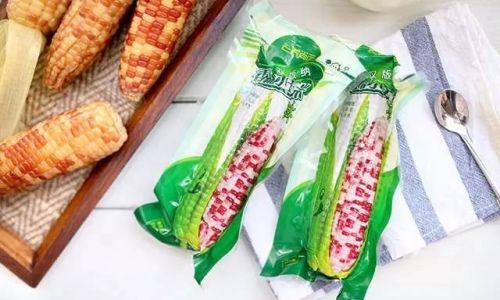

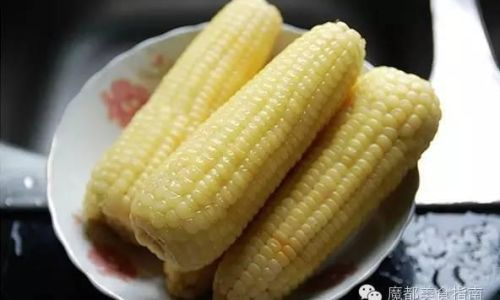
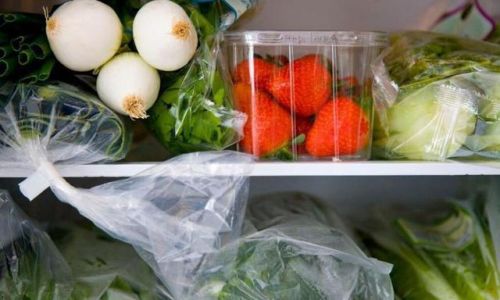
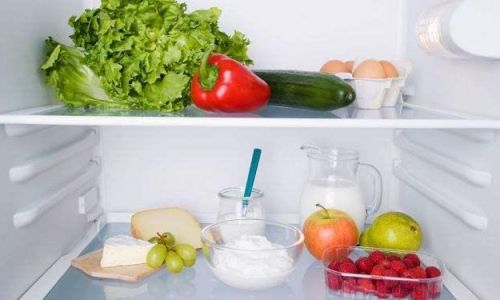
0 comments